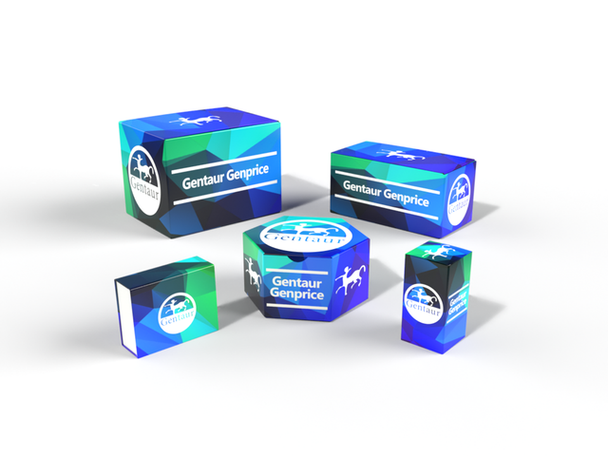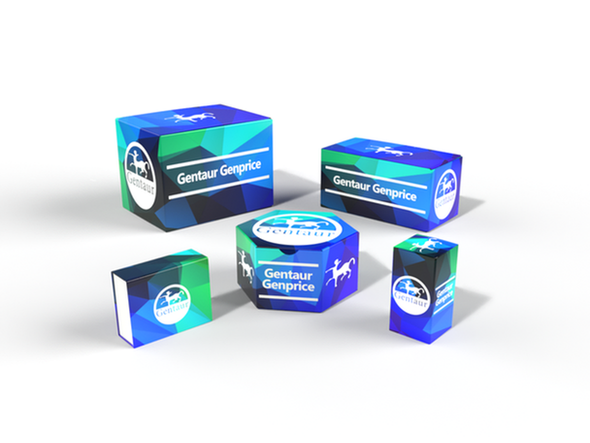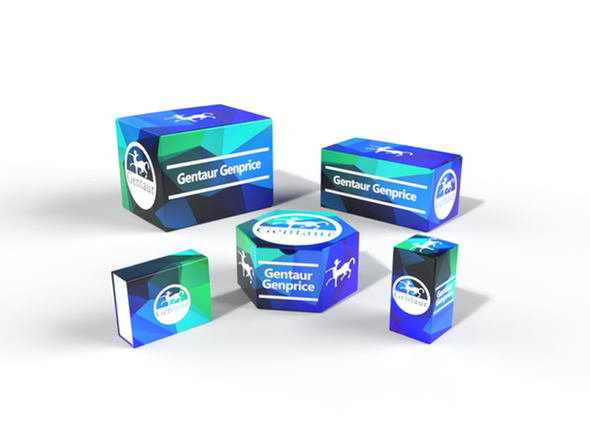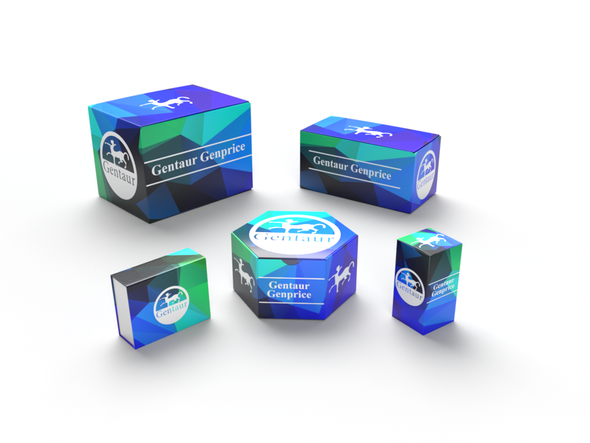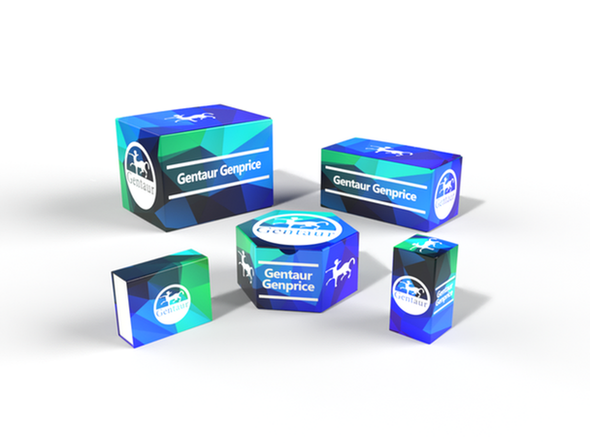749
Cav1.3 Polyclonal Antibody | ABP57306
- SKU:
- 749-ABP57306
- Availability:
- Usually ships in 5 working days
Description
Cav1.3 Polyclonal Antibody | ABP57306 | Gentaur UK, US & Europe Distribution
Immunogen: Synthetic Peptide
Product Category: Protein
Application: Protein General Reagents
Product Type: Primary Antibody
Host: Rabbit
Reactivity: Human, Mouse, Rat
Application: IHC-P
Application Note: Optimal working dilutions should be determined experimentally by the investigator. Suggested starting dilutions are as follows: IHC-P (1:100-1:200) .
Clonality: Polyclonal
Isotype: Rabbit IgG
Formulation: Liquid solution
Kit Component: N/A
Concentration: 1 mg/ml
Storage Buffer: PBS containing 50% Glycerol, 0.5% BSA and 0.02% Sodium Azide.
Storage Instructions: Stable for one year at -20°C from date of shipment. For maximum recovery of product, centrifuge the original vial after thawing and prior to removing the cap. Aliquot to avoid repeated freezing and thawing.
Shipping Condition: Gel pack with blue ice.
Background: Voltage-dependent calcium channels mediate the entry of calcium ions into excitable cells, and are also involved in a variety of calcium-dependent processes, including muscle contraction, hormone or neurotransmitter release, and gene expression. Calcium channels are multisubunit complexes composed of alpha-1, beta, alpha-2/delta, and gamma subunits. The channel activity is directed by the pore-forming alpha-1 subunit, whereas the others act as auxiliary subunits regulating this activity. The distinctive properties of the calcium channel types are related primarily to the expression of a variety of alpha-1 isoforms, namely alpha-1A, B, C, D, E, and S. CACNA1D (calcium voltage-gated channel subunit alpha1 D) encodes the alpha-1D subunit. Several transcript variants encoding different isoforms have been found for CACNA1D.
Alternative Names: N/A
Precaution: The product listed herein is for research use only and is not intended for use in human or clinical diagnosis. Suggested applications of our products are not recommendations to use our products in violation of any patent or as a license. We cannot be responsible for patent infringements or other violations that may occur with the use of this product.

